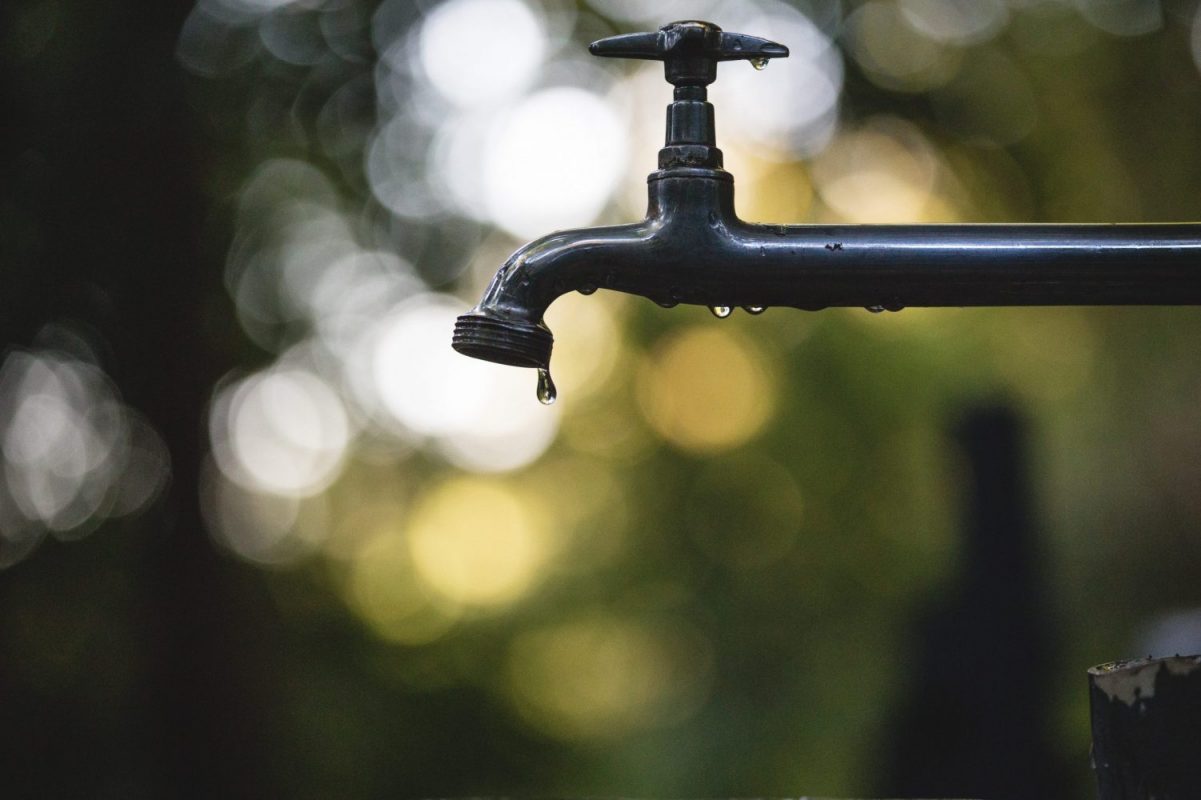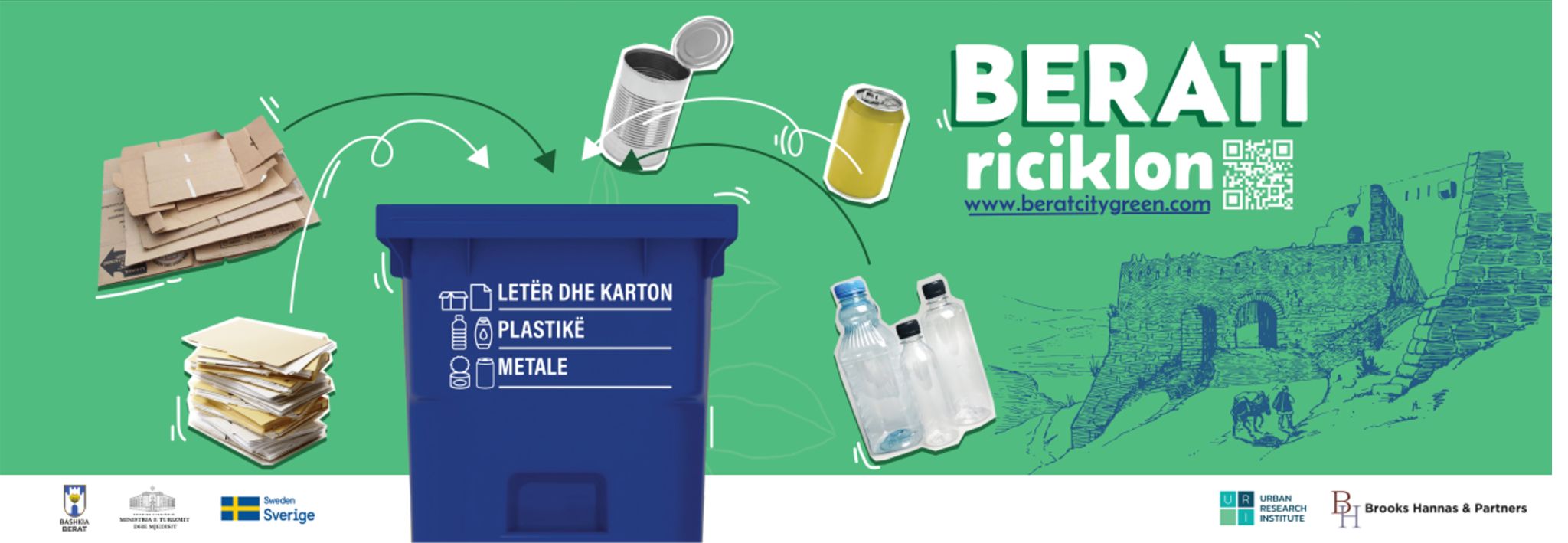Implementation of the Study on Access to Water Supply and Wastewater in Informal Urban Areas and Rural Areas of Five Districts in Albania

The project was geared from the country’s ambitions to gradually approximate the legislation and practical service delivery standards to EU best practices in consumer protections, as set out in Articles 70 and 76 of Stabilization and Association Agreement. It entailed the preparation of two studies on access to water and sanitation. One study focused on informal urban settlements in five Albanian cities, namely Saranda, Gjirokastra, Lezha, Pogradec and Vlora, and the other looked at the rural areas surrounding these cities.
URI analyzed the situation with relevance to urban and population expansion, patterns of water supply and sewerage service in informal settlements surrounding 5 target cities, and mapped circumstances of not served rural areas within or outside the jurisdiction of existing 6 water and sewerage utilities in these cities. A survey and focus groups were designed and conducted to obtain information on the population living in informal settlements and rural areas, including infrastructure inadequacy, ability and willingness to pay, management issues, legalization issues, community engagement, etc. Finally, a comparative analysis of the situation in the five districts was conducted and recommendations were provided to service providers, the Water Regulatory Authority and local and central governments, to help them better address the identified challenges and needs.







